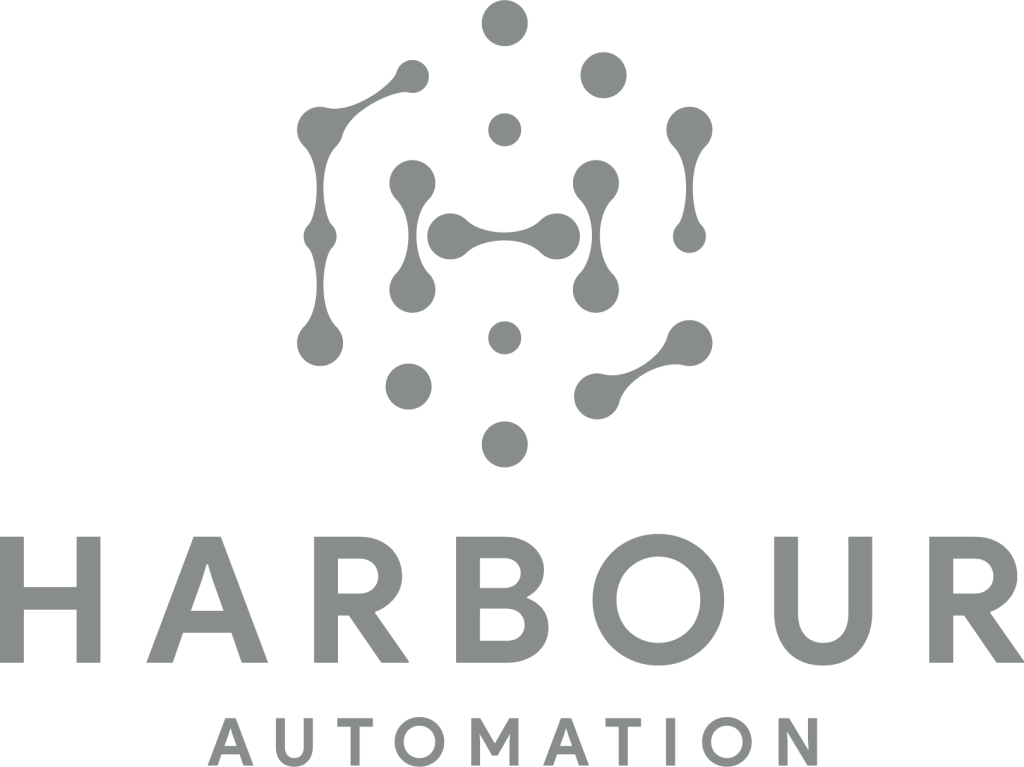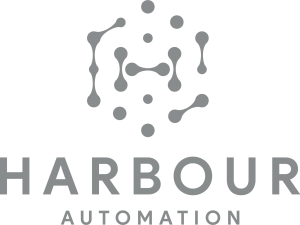Recognising Quality in Smart Home Installation Services
Introduction:
The success of your smart home automation project depends significantly on the expertise and professionalism of your installation team. This comprehensive guide helps you identify warning signs of unreliable installers whilst understanding the characteristics that distinguish truly qualified professionals in the automation industry.
Critical Evaluation Criteria
Professional Credentials and Certifications:
Industry Certifications to Verify:
- Manufacturer Authorisation: Certified dealer status with major automation brands
- Technical Training: Completed coursework on specific platforms and technologies
- Industry Memberships: Professional associations like CEDIA (Custom Electronic Design & Installation Association)
- Ongoing Education: Evidence of continuing professional development and technology updates
Warning Signs in Credential Claims:
- Vague references to "years of experience" without specific certifications
- Inability to provide manufacturer certification documentation
- Claims of expertise across incompatible or competing platforms
- Reluctance to discuss technical qualifications or training background
Project Planning and Communication Standards:
Professional Planning Process Indicators:
Comprehensive Site Assessment:
Quality installers conduct thorough property evaluations including:
- Detailed measurements and architectural analysis
- Existing infrastructure assessment and compatibility review
- Network coverage testing and wireless interference evaluation
- Power and environmental considerations for equipment placement
Detailed Project Documentation:
- Written proposals specifying exact equipment models and quantities
- Clear timelines with realistic milestones and completion estimates
- Comprehensive cost breakdowns including all necessary components and services
- Professional system design drawings showing equipment placement and connections
Communication Red Flags:
Unprofessional Practices to Avoid:
- Door-to-door sales tactics or high-pressure sales presentations
- Reluctance to provide references from completed projects
- Quotes delivered immediately without proper site assessment
- Significant price variations when similar scope projects are discussed
Inadequate Documentation:
- Verbal-only estimates without written confirmation
- Vague equipment descriptions using generic terms rather than specific models
- Missing details about warranty coverage and support services
- Unclear payment terms or requests for large upfront payments
Technical Expertise Assessment:
Knowledge Verification Methods:
System Design Understanding: Qualified installers should demonstrate:
- Clear explanation of how different components integrate and communicate
- Understanding of network requirements and infrastructure needs
- Knowledge of local building codes and electrical requirements
- Familiarity with troubleshooting procedures and maintenance requirements
Platform-Specific Expertise:
- Detailed knowledge of chosen platform capabilities and limitations
- Experience with similar installations in comparable properties
- Understanding of programming requirements and customisation options
- Awareness of platform update procedures and ongoing support requirements
Installation Quality Standards:
Professional Installation Practices:
Infrastructure Work Quality:
- Proper cable management using professional-grade organisation systems
- Appropriate equipment mounting and protection from environmental factors
- Clean, professional appearance of all visible components and connections
- Compliance with electrical codes and manufacturer installation requirements
Testing and Commissioning Procedures:
- Systematic testing of all system components before project completion
- User training sessions ensuring comfortable operation of all functions
- Comprehensive documentation including user manuals and system diagrams
- Warranty registration and support contact information provision
Post-Installation Support Evaluation:
Service and Support Commitment Assessment:
Warranty and Support Structure:
- Clear warranty terms covering both equipment and installation work
- Defined response times for service calls and technical support
- Local service availability rather than dependence on distant support centres
- Ongoing relationship approach rather than installation-only focus
Maintenance and Update Services:
- Regular system health assessment offerings
- Proactive technology update and security patch management
- Training services as household members and requirements change
- Emergency response capabilities for critical system failures
Financial Considerations and Practices:
Transparent Pricing Structure:
Professional Pricing Practices:
- Detailed cost breakdowns showing equipment, labour, and service components
- Clear change order procedures for project modifications
- Transparent warranty and support cost structures
- Competitive pricing reflecting quality without unusually low bids suggesting corner-cutting
Payment Structure Red Flags:
- Requests for full payment before project completion
- Cash-only payment requirements or reluctance to accept standard payment methods
- Significant price increases after project commencement without valid justification
- Lack of insurance coverage or bonding protection for your property
Reference and Portfolio Verification:
Due Diligence Process:
Reference Contact Procedures:
- Direct contact with recent clients rather than relying solely on written testimonials
- Questions about project timeline, communication quality, and problem resolution
- Assessment of system reliability and satisfaction after extended use
- Evaluation of ongoing support quality and responsiveness
Portfolio Assessment:
- Review of completed projects similar in scope and complexity to your requirements
- Evidence of progression and growth in capabilities over time
- Demonstration of successful long-term client relationships
- Awards or recognition from industry organisations or manufacturers
Making Informed Contractor Decisions:
Selection Process Best Practices:
- Interview multiple contractors to establish baseline expectations and pricing
- Request detailed proposals from qualified candidates for direct comparison
- Verify all credentials and certifications independently
- Trust professional instincts about communication style and reliability indicators
Conclusion: Selecting qualified smart home installation professionals requires careful evaluation of credentials, communication practices, technical expertise, and support commitments. Taking time to properly vet potential installers protects your investment and ensures successful project outcomes that provide lasting satisfaction.
For assistance evaluating smart home installation options or second opinions on proposed projects, contact our experienced consultation team.

Looking to get in touch?
Fill in your name, phone number, email address and the service you require, and our team will be in touch.
Or call us during office hours on 01202 761 111
CONTACT US
T: (0)1202 761 111
General enquiries
Marketing
marketing@harbourautomation.co.uk
Design
design@harbourautomation.co.uk
Tech support & customer service
service@harbourautomation.co.uk
Accounts Department
accounts@harbourautomation.co.uk
Head Office & Experience Centre
Harbour Automation Limited
Unit 19, Slader Business Park, Witney Rd
Nuffield Industrial Estate
Poole, BH17 0GP
Award winning business
Best Media Room under £50K 2022
Stay Updated
Follow us on Instagram for updates on the work we are currently undertaking.


